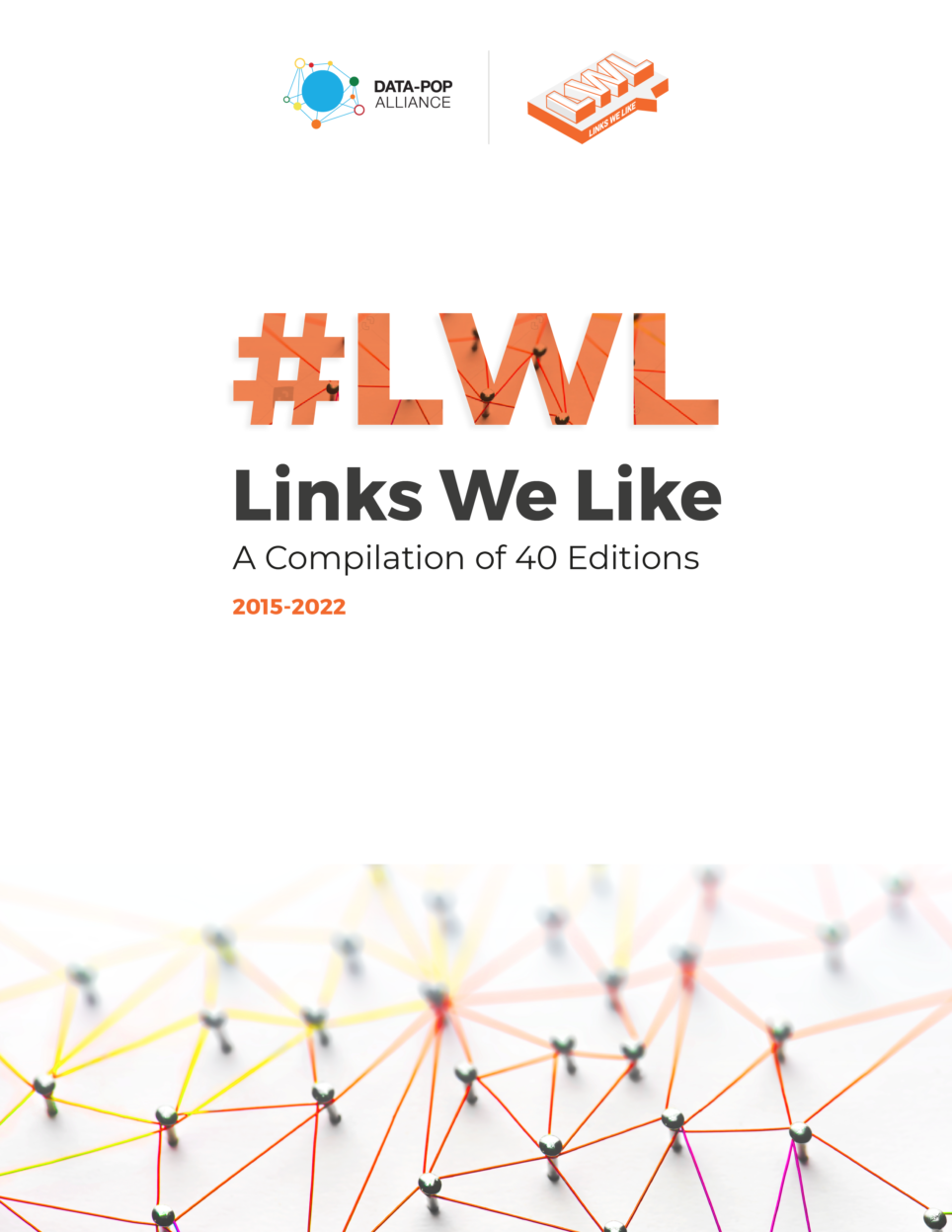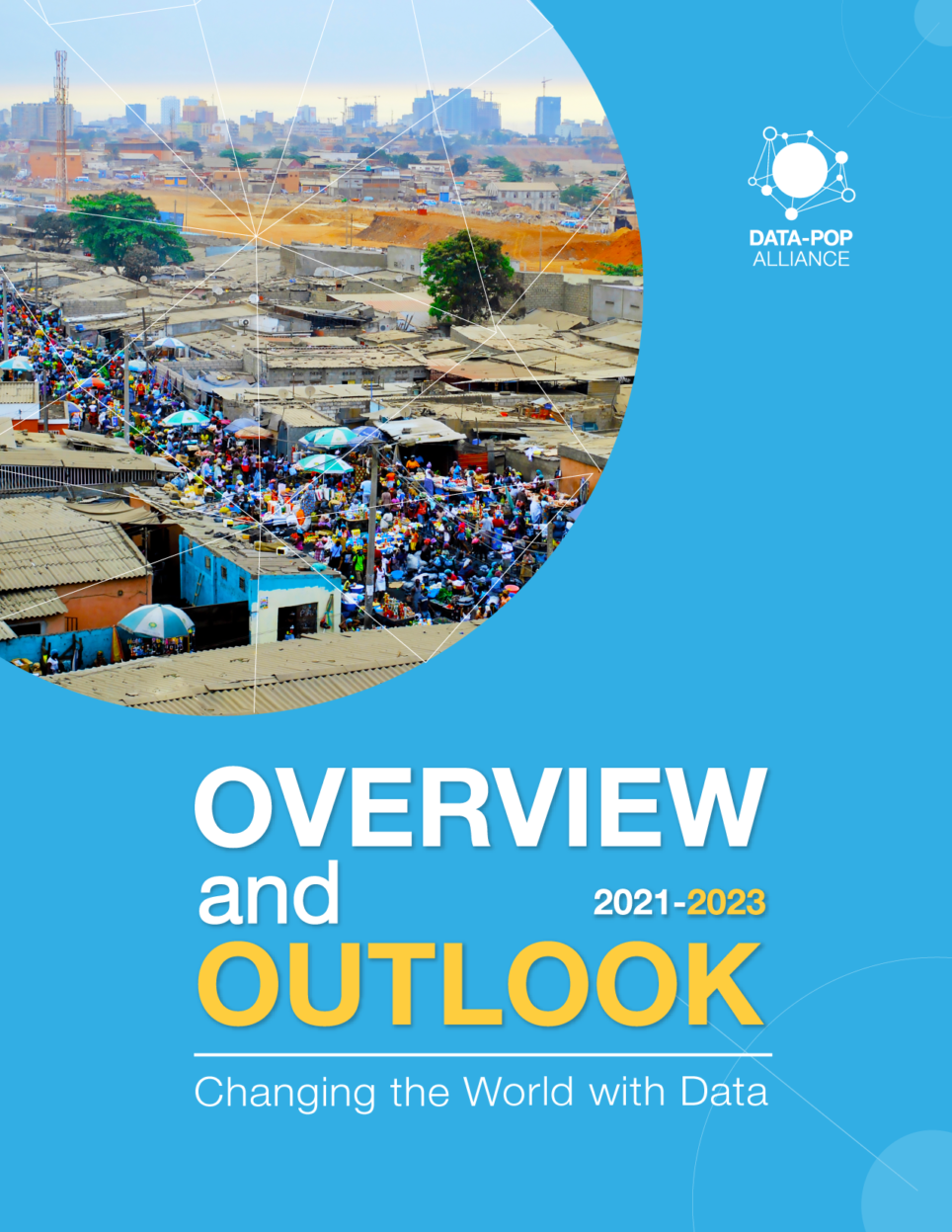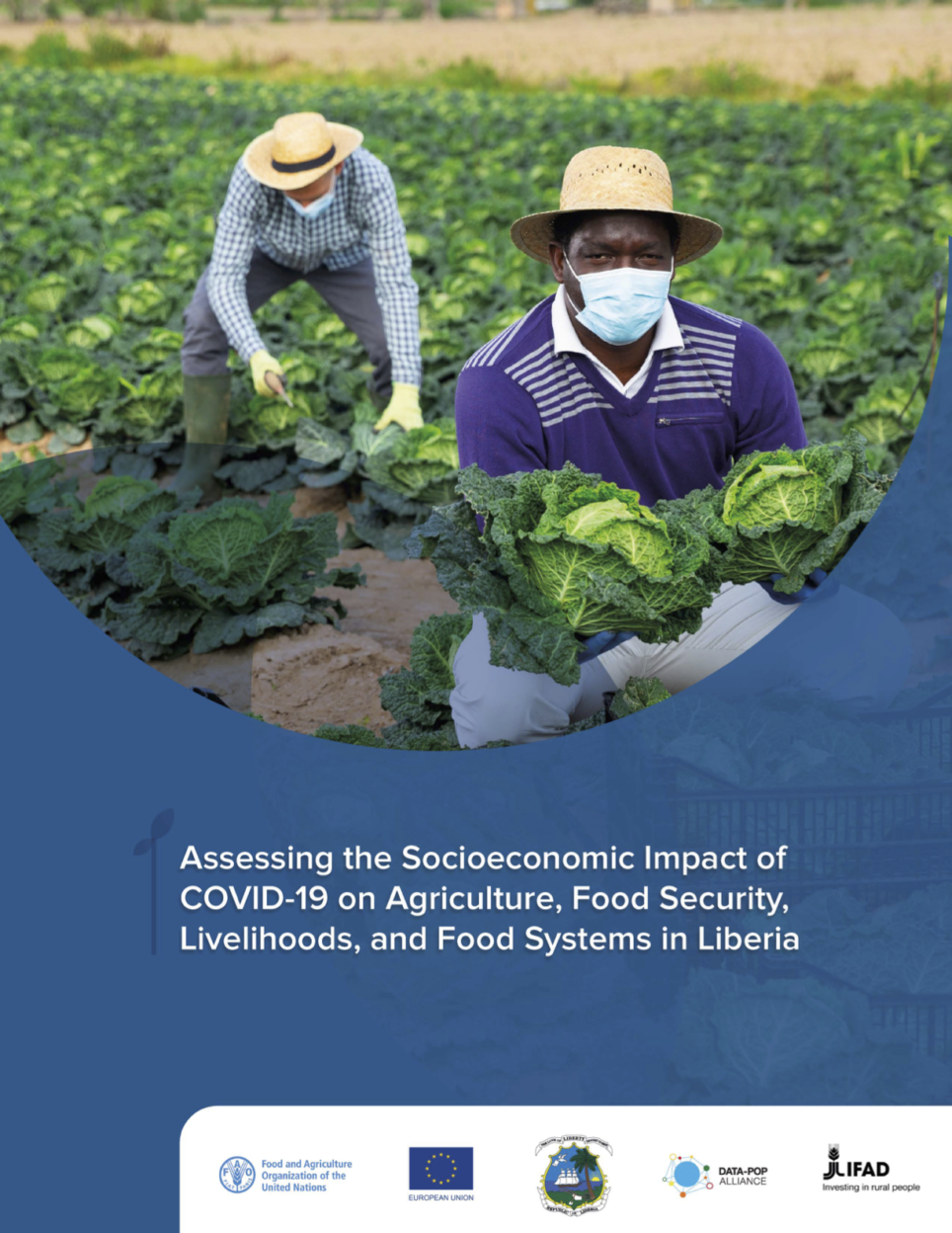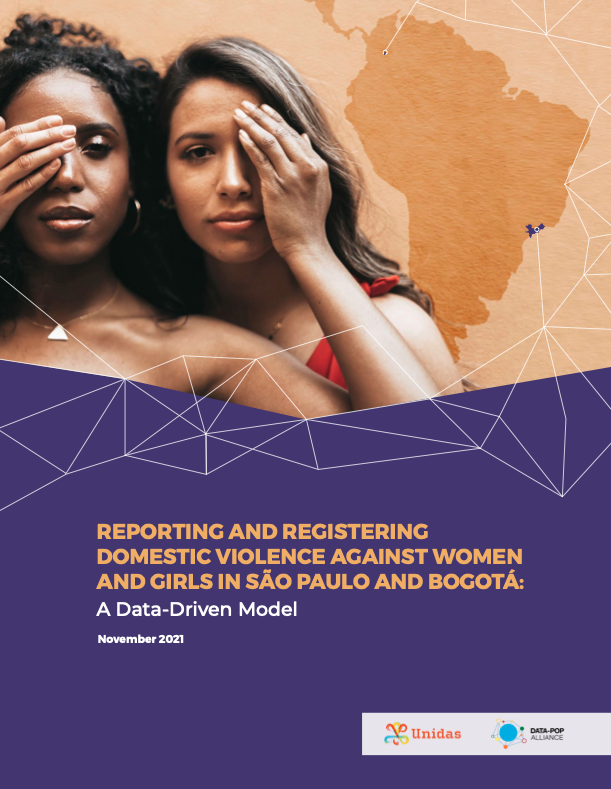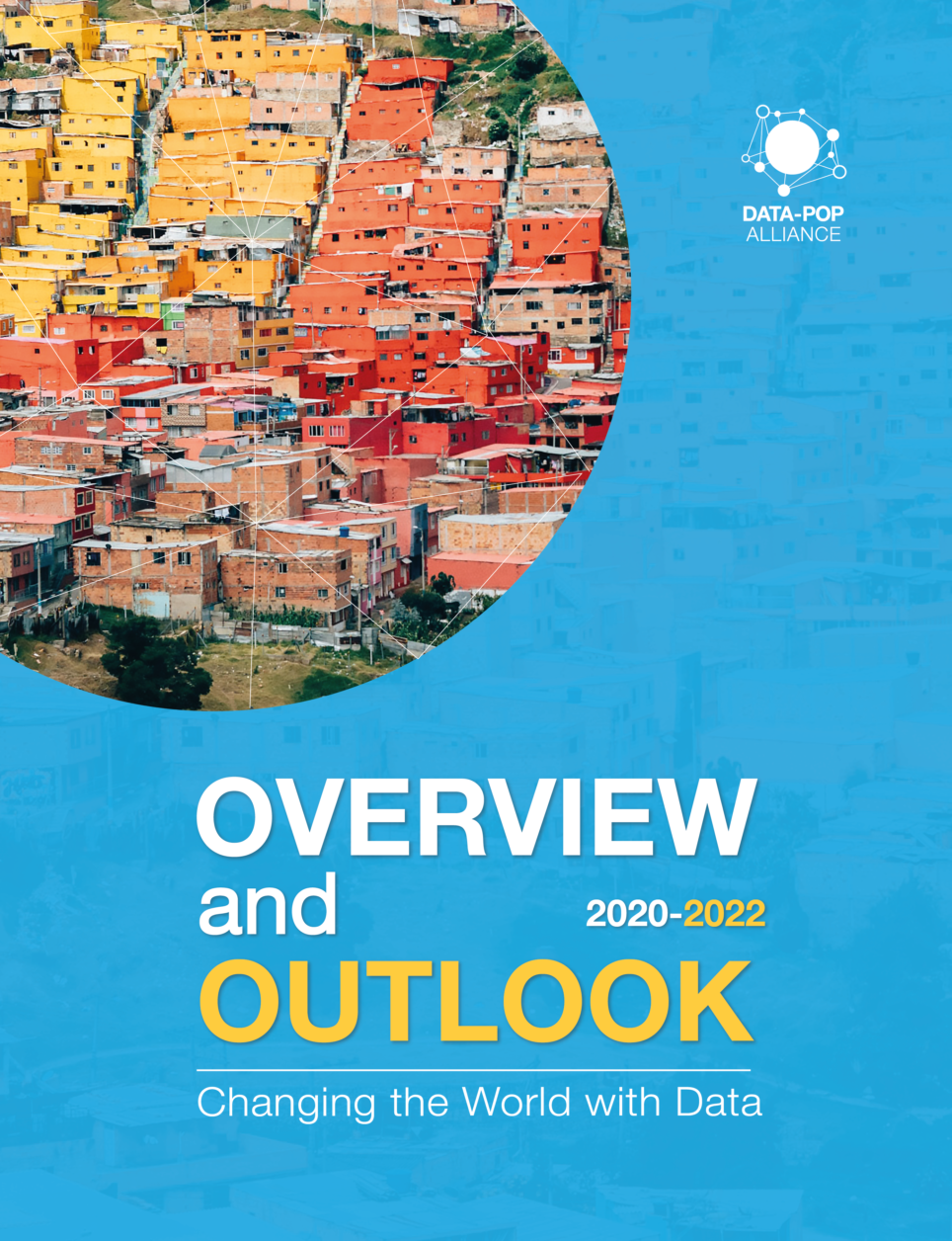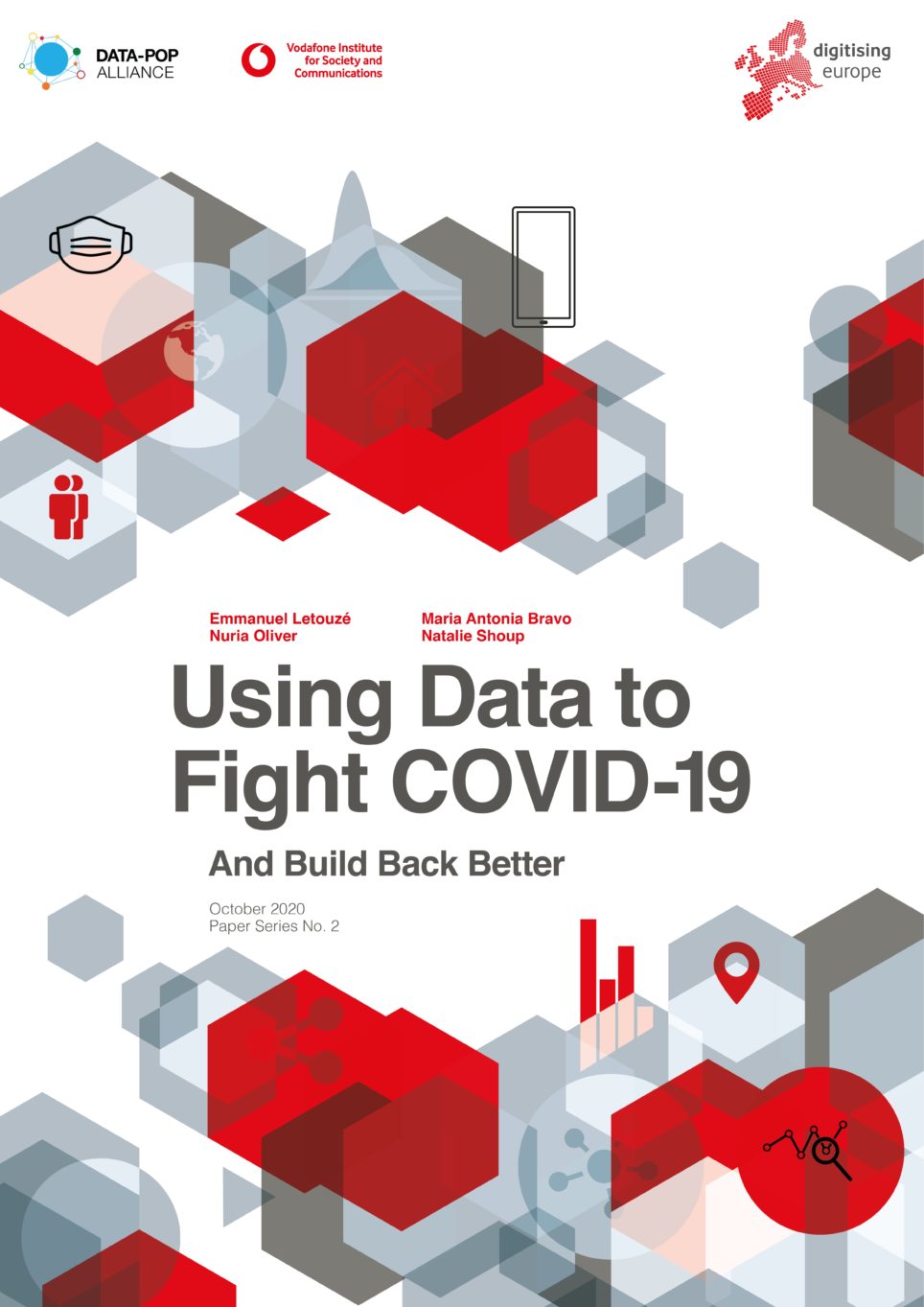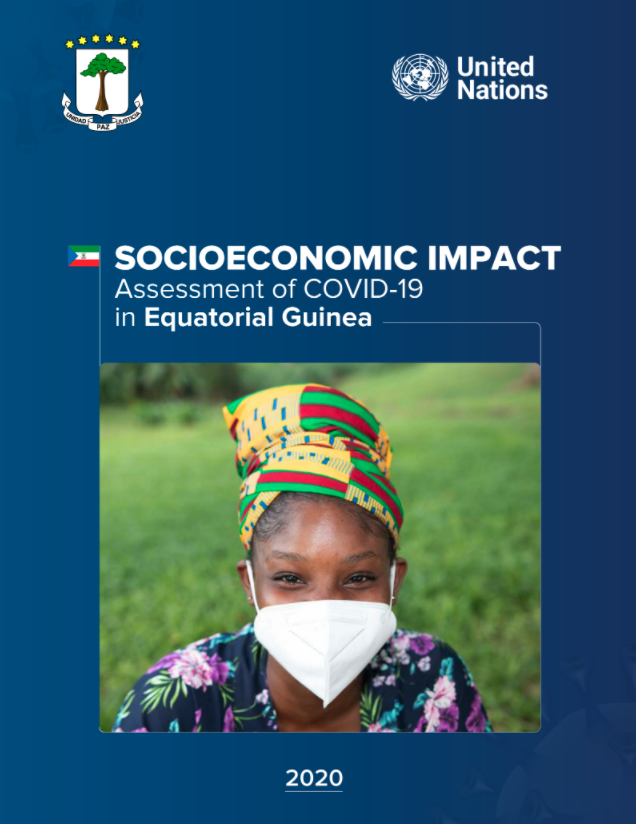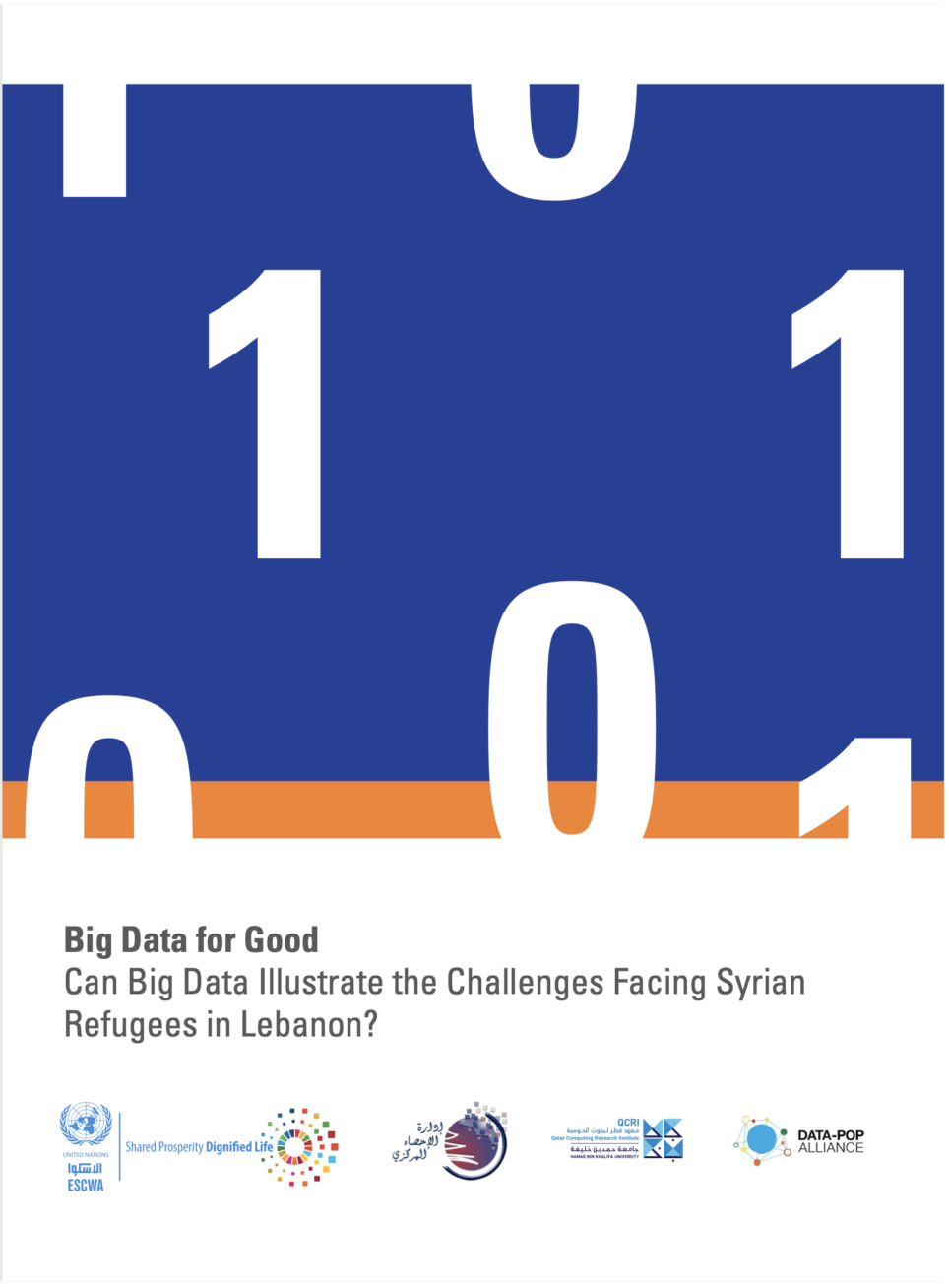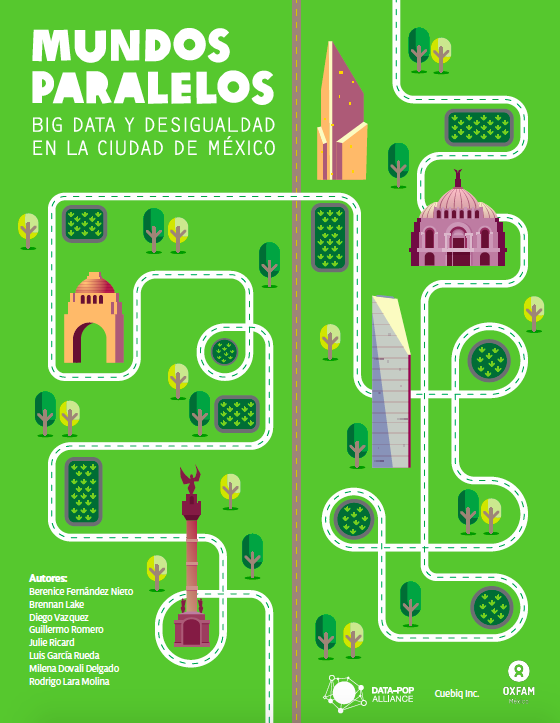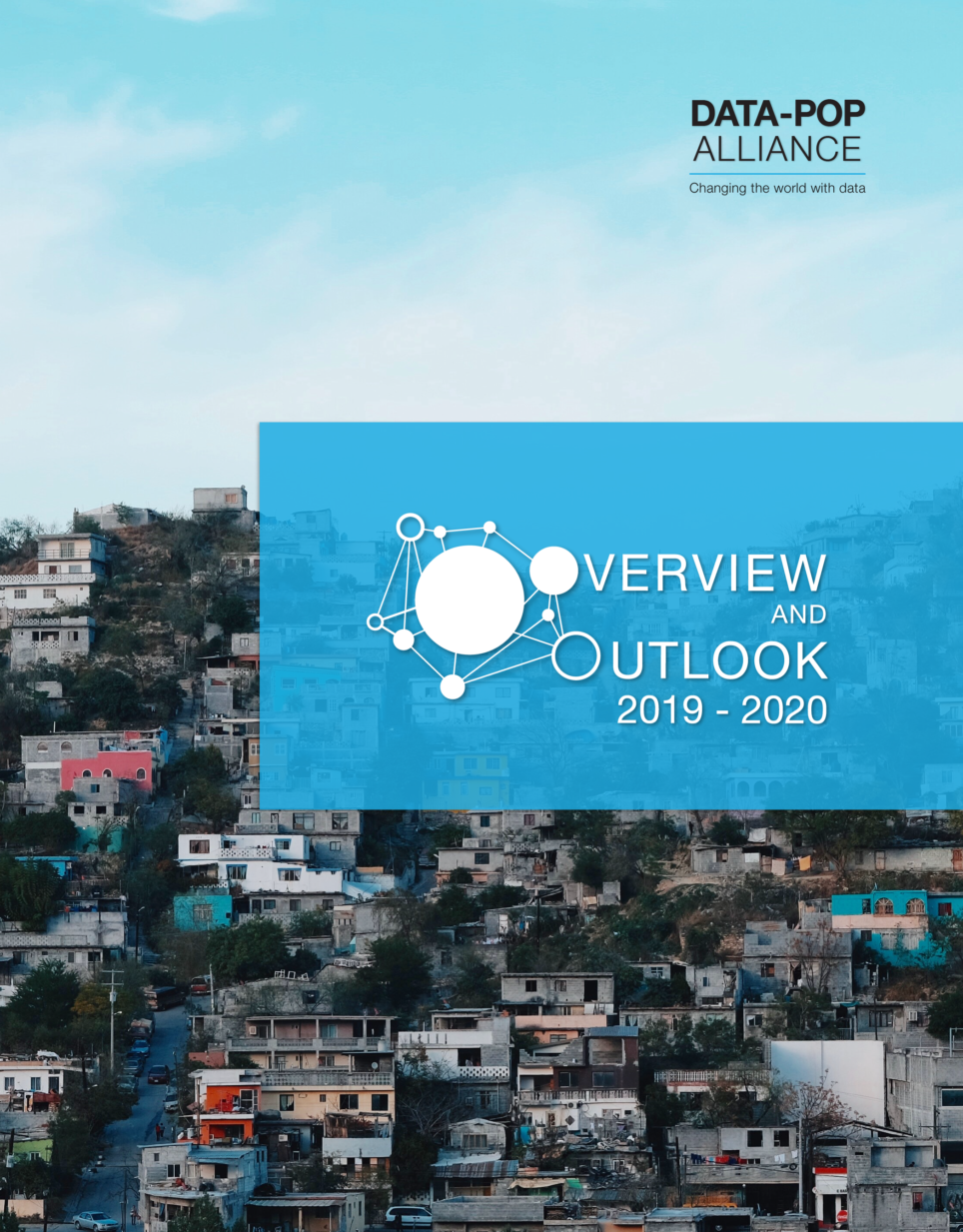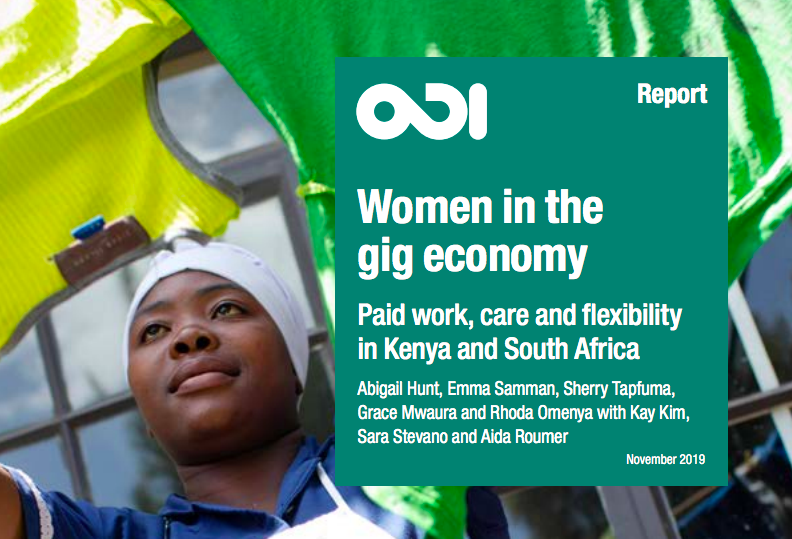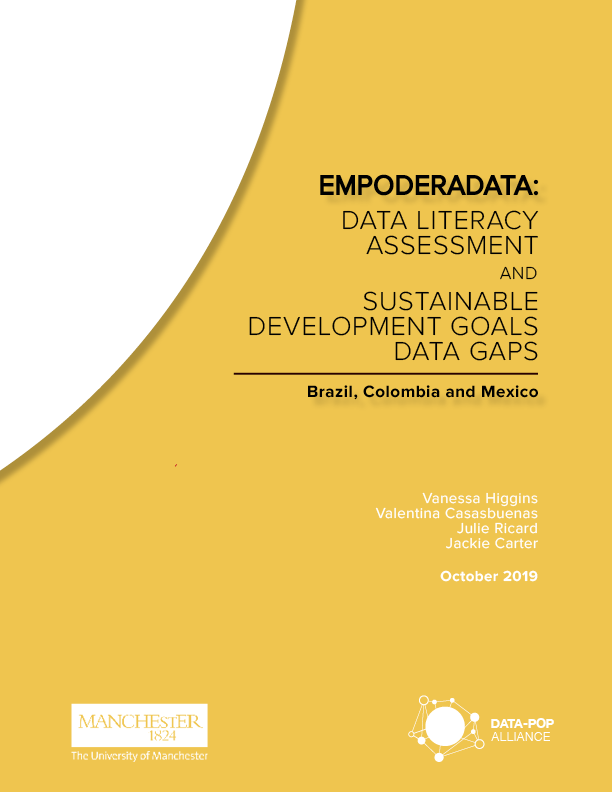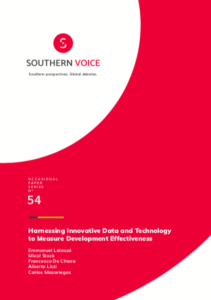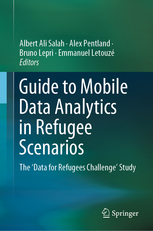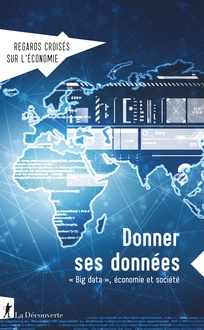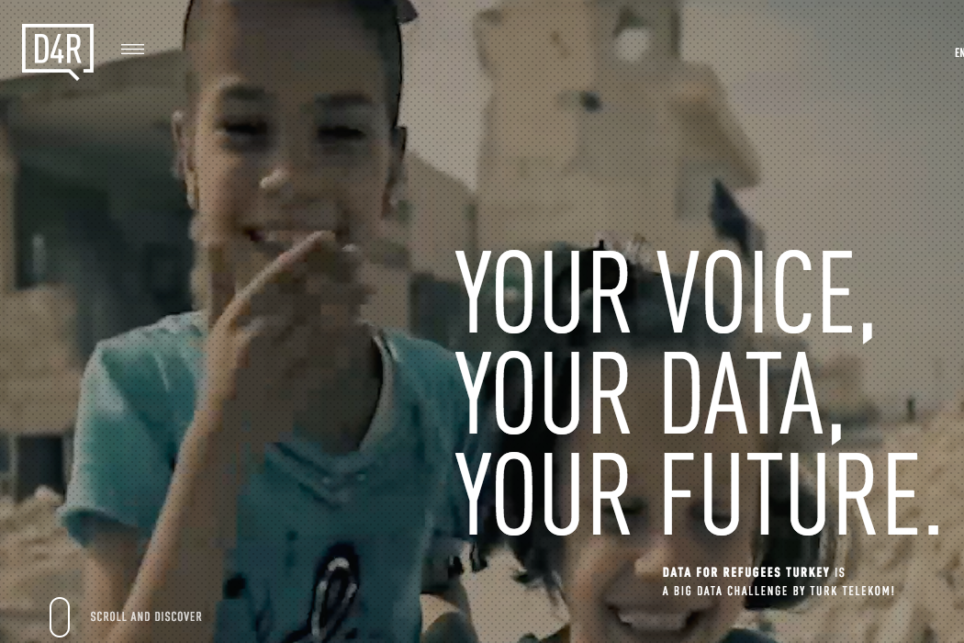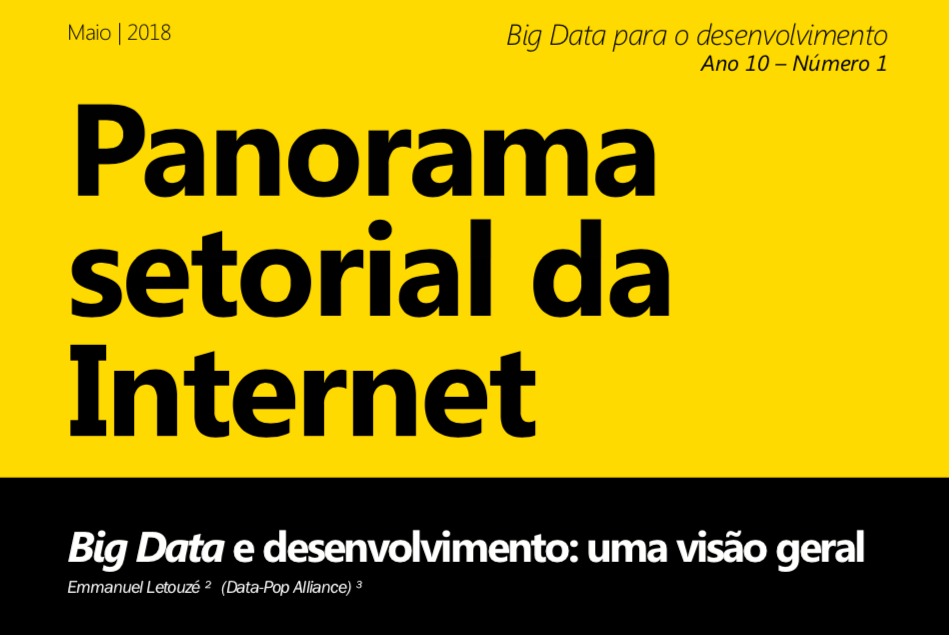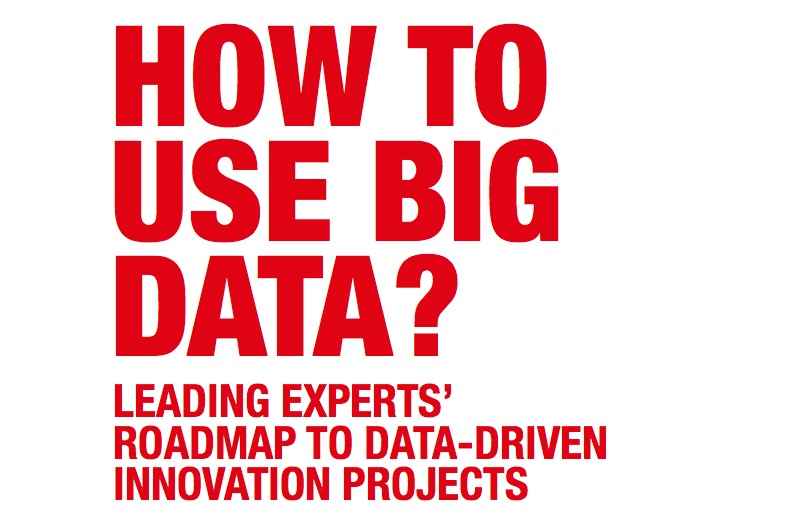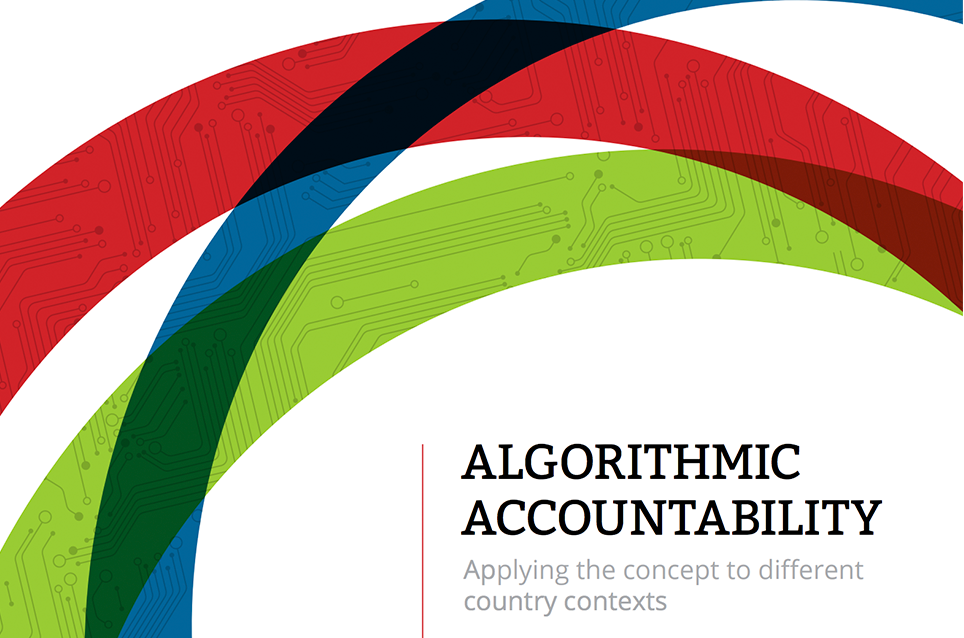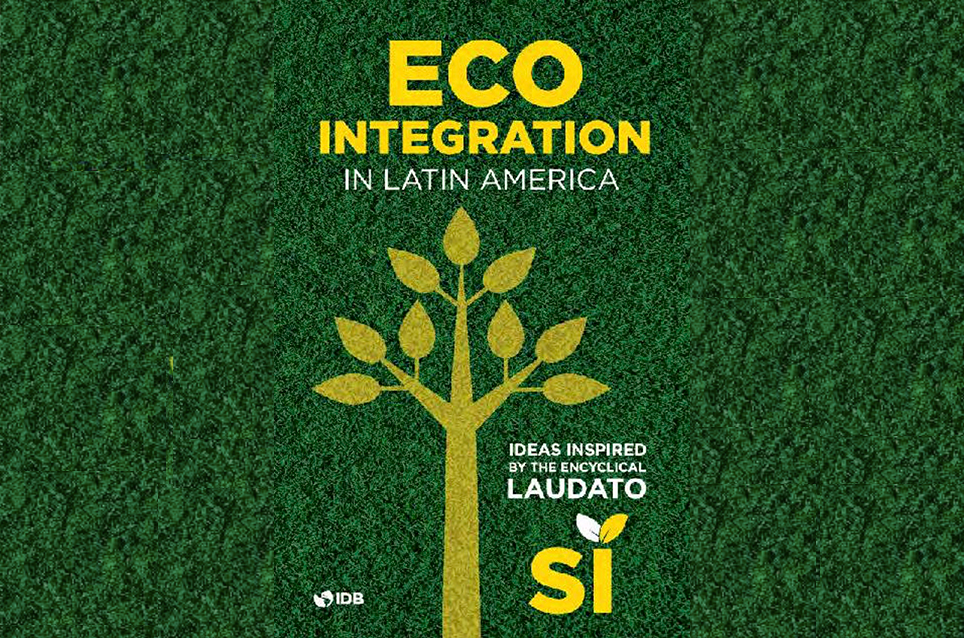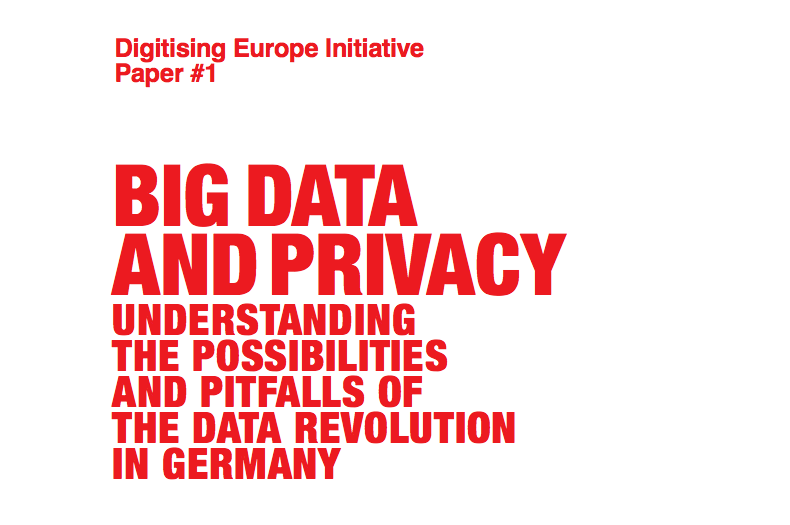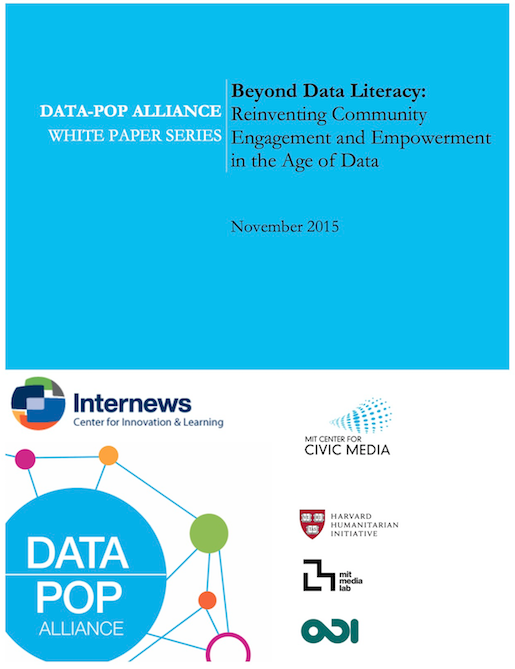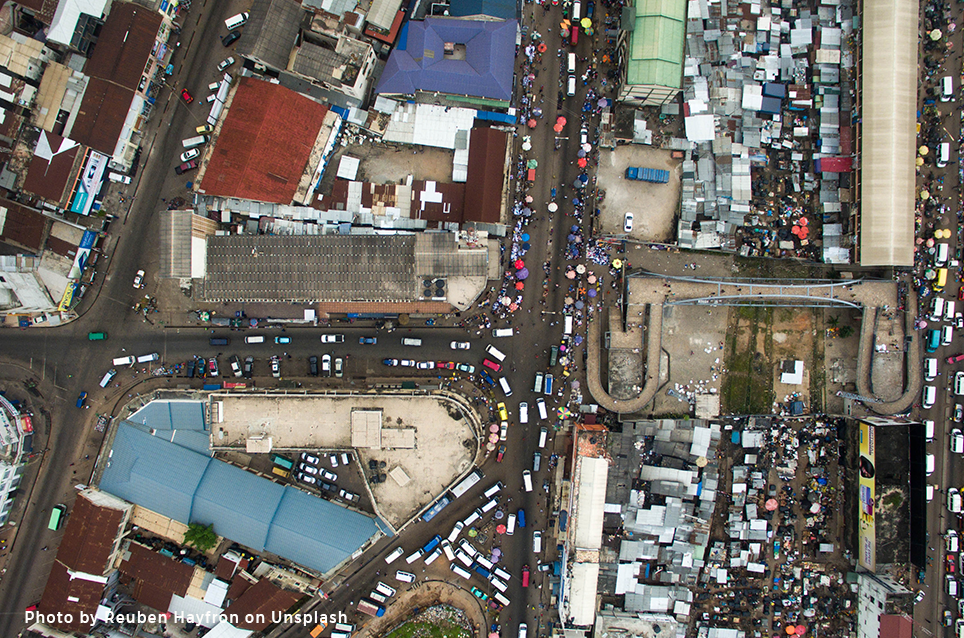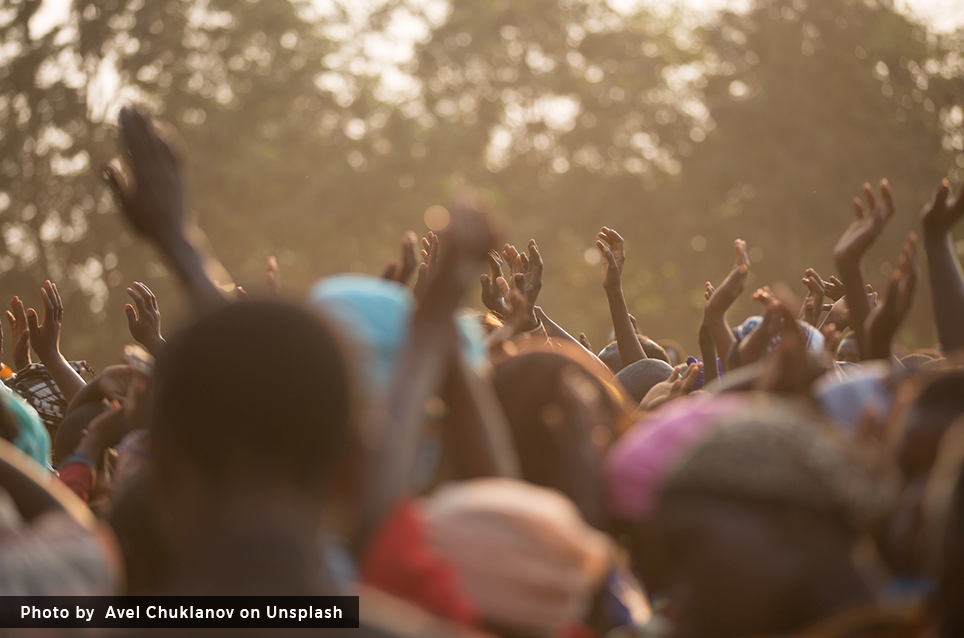Links We Like Turns 40! Technically, Links We Like (LWL) has been around for seven years, and in that time we have produced 40 editions, all of which are compiled here in a downloadable PDF form. LWL began in 2015 as a way for us to take stock of the debates and conversations around the data landscape, as well as … Read More
Overview and Outlook 2021-2023
Even for the most optimistic, any hopes that 2021 and the first half of 2022 would constitute a decisive upward inflection from recent and old trends should, by now, unfortunately have been put to rest. The past year has been generally more of the same, or worse, as pre-existing fissures and excesses have continued to be exposed and often exacerbated: … Read More
Assessing the Socioeconomic Impact of COVID-19 on Agriculture, Food Security, Livelihood and Food Systems in Liberia
This study carried out by Data-Pop Alliance with guidance from the Food and Agriculture Organization in Liberia and with support from the European Union (EU), the International Fund for Agricultural Development (IFAD) and the Government of Liberia, provides evidence on the socioeconomic impacts of COVID-19 on agriculture, food security, livelihoods, and food systems in Liberia. By combining the insights emerging from the … Read More
Reporting and Registering Domestic Violence Against Women and Girls in São Paulo and Bogotá: A Data-Driven Model (English, Spanish)
Most Gender-Based Violence (GBV) goes underreported. Women who decide not to report incidents of domestic violence, or are unable to do so (via calls, legal complaints, or seeking institutional help), may end up without access to support or legal services. Subsequently, available data on this phenomenon can and should be leveraged to combat VAWG. This project aims to contribute to … Read More
Overview and Outlook 2020-2022
Last year exposed and exacerbated pre-existing fault lines that had been previously ignored or minimised by those who claimed that 2019 was “the best year in history” only weeks before the pandemic shredded this illusion. Data exposed systemic inequities and structural imbalances when it showed that COVID-19 could severely affect many—even while infecting few—in the poorest regions because of its … Read More
Policy Paper: Using Data to Fight COVID-19 – And Build Back Better
The policy paper looks at how digital technologies and data have been applied to fight the Coronavirus. The paper summarizes main debates and questions around these initiatives to reflect on their usefulness, implications, limitations, risks and their requirements. Furthermore, it explores how the learnings of the first wave of the pandemic could provide an opportunity to use data more efficiently … Read More
Socioeconomic Impact Assessment of COVID-19 in Equatorial Guinea
This publication compiles extensive work focused on understanding the effects of COVID-19 in Equatorial Guinea and coordinating a response based on 5 pillars: i) putting health first, ii) protecting people through social protection and basic services, iii) promoting social cohesion and community resilience, iv) supporting the macroeconomic response and multilateral collaboration. All with the objective of advancing towards the Sustainable … Read More
Big Data for Good. Can Big Data Illustrate the Challenges Facing Syrian Refugees in Lebanon?
Timely evidence for policymaking has been a consistent objective for UN organizations and member states. The classical data sources needed for official statistics have been expensive, time consuming, leading to delayed outcomes, and in certain cases impossible to access (e.g. images, videos). Today’s connected world offers alternatives and supplementary non-traditional data sources enabled by Information and Communication Technology (Geographic Information … Read More
Mundos paralelos: Big Data y desigualdad en la Ciudad de México
“Mundos paralelos” es un proyecto desarrollado por Data-Pop Alliance y Oxfam México, cuyo propósito es analizar la desigualdad en la Ciudad de México, utilizando datos de movilidad proporcionados por el programa Data for Good de Cuebiq. Se tomó como estudio de caso la forma en cómo dos sectores socioeconómicos opuestos (los “mundos paralelos”) se apropian de los espacios que conforman la urbe y la posibilidad … Read More
Estrategia de Big Data para Colombia – Documentos de diagnóstico
Documento 1: Estado del arte y análisis comparativo de estrategias nacionales de Big Data Document 1: State of affairs and comparative analysis of national Big Data Strategies This study provides an analysis of the main characteristics of the existing government strategies related to Big Data, while clarifying the operational concept of Big Data used throughout this project. Documento 2: Buenas prácticas sobre … Read More
The ABCDE of Big Data: Assessing Biases in Call-Detail Records for Development Estimates
CDRs (Call Detail Records) represent an important and largely untapped source of data for the developing world. However, they are not representative of the underlying population. We combine CDRs and census data for Senegal in 2013 to evaluate biases related to estimates of population density. We show that: (i) there are systematic relationships between cell-phone use and socio-economic and geographic … Read More
Overview and Outlook: 2019-2020
Data-Pop Alliance was born 7 years ago out of the recognition that the defining element of the 21st century would be data. Since, phrases such as ”Big Data” and “Data Revolution” have been largely replaced by “Fourth Industrial Revolution” and “Artificial Intelligence”, but the key question remain essentially the same: how can data-infused systems and societies be shaped to foster … Read More
Women in the gig economy: Paid work, care and flexibility in Kenya and South Africa
This report presents findings from an in-depth study of women’s engagement in the gig economy in Kenya and South Africa, two middle-income countries at the forefront of developments in digitally mediated work in sub-Saharan Africa. It aims to understand the impact of this engagement on workers’ lives, considering the quality of work on offer and its implications for workers’ management … Read More
EmpoderaData: Data literacy assessment and Sustainable Development Goals data gaps
EmpoderaData builds upon the success of the Q-Step paid internship programme from the University of Manchester. The project aims to promote a virtuous cycle of social transformation by fostering data literacy. The purpose of this report is threefold: (1) understand the unmet needs in terms of data literacy skills, (2) recognize to what extent might a data literacy capacity building … Read More
Big Data para o bem comum
Desde o início do século XX, a maioria de nossas ações e interações tem sido mediada e capturada por dispositivos eletrônicos. Os rastros de dados deixados pelo caminho resultam no que foi batizado de big data. Embora a exploração do big data tenha sido desenvolvida por gigantes da internet, que transformaram a mineração dessas migalhas digitais em uma de suas … Read More
Harnessing Innovative Data and Technology to Measure Development Effectiveness
In this study, the authors discuss and show how new kinds of digital data and analytics methods and tools falling under the umbrella term of Big Data, including Artificial Intelligence (AI) systems, can help measure development effectiveness. Selected case studies provide examples of assessments of the effectiveness of ODA-funded policies and programmes.
Evaluación de nuevas herramientas y técnicas del big data para proyectos del Banco Interamericano de Desarrollo
El presente estudio identifica herramientas innovadoras de Big Data a partir de casos de estudios basados en cinco proyectos en vía de implementación por el Banco Interamericano de Desarrollo (BID) en los países de la Comunidad Andina (CAN) con el fin de que nuevas tecnologías puedan ser aprovechadas e implementadas en estos u otros proyectos de inversión de la región. … Read More
Book Chapter: “Guide to Mobile Data Analytics in Refugee Scenarios”
This book summarizes the most important findings of the Data for Refugees (D4R) Challenge, which was a non-profit project initiated to improve the conditions of the Syrian refugees in Turkey by providing a database for the scientific community to enable research on urgent problems concerning refugees. The database, based on anonymized mobile call detail records (CDRs) of phone calls and … Read More
Retrouver le sens de la mesure pour de meilleures décisions collectives: vers une intelligence artificielle humaine à l’ère des données (p. 47 à 55)
Les données personnelles et institutionnelles récoltées de plus en plus massivement à l’échelle mondiale ouvrent la voie à de nouvelles façons de penser la prise de décision collective. Cet article présente les conditions d’un traitement de ces données tourné vers le développement humain, au travers du concept d’Intelligence Artificielle Humaine (IAH). Nous présentons à cet égard un exemple de projet … Read More
Towards a Human Artificial Intelligence for Human Development
This paper discusses the possibility of applying the key principles and tools of current artificial intelligence (AI) to design future human systems in ways that could make them more efficient, fair, responsive, and inclusive.
On the privacy conscientious use of mobile phone data
The breadcrumbs we leave behind when using our mobile phones—who somebody calls, for how long, and from where—contain unprecedented insights about us and our societies. Researchers have compared the recent availability of large-scale behavioral datasets, such as the ones generated by mobile phones, to the invention of the microscope, giving rise to the new field of computational social science.
Data for Refugees: The D4R Challenge on Mobility of Syrian Refugees in Turkey
The Data for Refugees (D4R) Challenge is a non-profit challenge initiated to improve the conditions of the Syrian refugees in Turkey by providing a special database to scientific community for enabling research on urgent problems concerning refugees, including health, education, unemployment, safety, and social integration. The collected database is based on anonymised mobile Call Detail Record (CDR) of phone calls … Read More
Panorama setorial da Internet. Big Data e desenvolvimento: uma visão geral”
Apesar do entusiasmo existente em torno do “Big Data para o desenvolvimento” – ex- pressão que abrange o campo de pesquisa e prática sobre as aplicações e implicações do Big Data para a elaboração de políticas e para o desenvolvimento – o seu uso ainda é muito incipiente em termos intelectual e operacional. Seria ele o “novo petróleo” que poderá … Read More
How to use Big Data? Leading experts’ roadmap to data-driven innovation projects
This position paper highlights overall takeaways and recommendations in the areas of privacy protection, responsible data governance, transparency and accountability for unleashing big data-driven innovation, including: (1) putting ‘privacy by design’ into action: privacy-preserving technical procedures and standards for data sharing and use; (2) focusing on responsibility in data use: establishing internal responsible data governance standards and (3) Keeping transparency, … Read More
Understanding Patterns of Human Mobility At Different Timescales
The main objective of this paper is to discuss whether and how the future of algorithms can be crafted such that their development and deployment—from their design to their use, including control, evaluation, auditing, governance—be based on and foster core democratic values such as accountability, transparency, participation, and collaboration. In doing so, we will focus on algorithms affecting public life … Read More
Algorithmic accountability – Applying the concept to different country contexts
Drawing from interviews with global experts, topic workshops and content research, this scoping paper aims to provide the reader with an understanding of algorithmic decision-making processes and the challenges they pose to our existing understanding of accountability across different contexts. It offers a map of existing technical and governance mechanisms for both identifying and addressing algorithmic harms and bias, as … Read More
Understanding the Relationship Between Short and Long Term Mobility
Populations are highly mobile, both in terms of long term movements of individuals relocating their place of residence as well as shorter term mobility such as commuting, seasonal travel and recreational trips. Working with call detail record data from Namibia and Senegal, we study population migration and its link to short term movement. We compare the short term mobility estimates extracted … Read More
Characterizing and Analyzing Urban Dynamics in Bogota (From the Paper Series: “Big Data to Address Global Development Challenges”)
Using open data and mobile phone records, we explore this link with a spatial regression model that analyzes the environmental and the social conditions to which each part of the city is exposed. We found that physical characteristics of the city connected to higher urban diversity better explain the emergence of crime than traditional socio-economic conditions and, together, physical characteristics … Read More
Big Data – Predicting and Preventing Climate-Related Shocks
Big Data as a socio-technological phenomenon has the potential to generate new insights on the functioning and interaction of human and natural ecosystems. In particular, Big Data can improve our understanding of how societies deal with shocks related to climate change, and inform policies and actions to foster adaptive mechanisms. However, such positive effects will not occur automatically and investments … Read More
Fair, Transparent and Accountable Algorithmic Decision-making Processes
The combination of increased availability of large amounts of fine-grained human behavioral data and advances in machine learning is presiding over a growing reliance on algorithms to address complex societal problems. Algorithmic decision-making processes might lead to more objective and thus potentially fairer decisions than those made by humans who may be influenced by greed, prejudice, fatigue, or hunger. However, … Read More
Socio-Physical Vulnerability to Flooding in Senegal
Each year thousands of people and millions of dollars in assets are affected by flooding in Senegal; over the next decade, the frequency of such extreme events is expected to increase. However, no publicly available digital flood maps, except for a few aerial photos or post – disaster assessments from UNOSAT, could be found for the country. This report tested … Read More
Mining Case Law to Improve Countries’ Accountability To Universal Periodic Review
The United Nations (UN) Universal Periodic Review (UPR) is a process established by the Human Rights Council aiming to monitor and improve the human rights situation in each UN member state. In this study, we hypothesize that leveraging text mining and machine-learning algorithms is a viable strategy for monitoring gender discrimination in sentencing practices of Fiji’s judiciary system, which has … Read More
Leveraging Algorithms for Positive Disruption: On data, democracy, society and statistics
The main objective of this paper is to discuss whether and how the future of algorithms can be crafted such that their development and deployment—from their design to their use, including control, evaluation, auditing, governance—be based on and foster core democratic values such as accountability, transparency, participation, and collaboration. In doing so, we will focus on algorithms affecting public life … Read More
The Tyranny of Data? The Bright and Dark Sides of Data-Driven Decision-Making for Social Good
We focus our attention on social good decision-making algorithms, that is algorithms strongly influencing decision-making and resource optimization of public goods, such as public health, safety, access to finance and fair employment. Through an analysis of specific use cases and approaches, we highlight both the positive opportunities and the potential negative consequences that practitioners should be aware of and address … Read More
Opportunities and Requirements for Leveraging Big Data for Official Statistics and the Sustainable Development Goals in Latin America
Este documento se realizó en el marco de un proyecto apoyado por el Banco Mundial e implementado por Data-Pop Alliance en asociación con el Departamento Administrativo Nacional de Estadística de Colombia – DANE. Data-Pop Alliance es una coalición sobre Big Data y el desarrollo creada conjuntamente por la Iniciativa Humanitaria de Harvard, el MIT Media Lab y el Instituto de … Read More
Book chapter – “The Evaluation of Complex Development Interventions in the Age of Big Data
Recognizing that complexity calls for innovative, conceptual, and methodological solutions, this unique book offers practical guidance to policymakers, managers, and evaluation practitioners on how to design and implement complexity-responsive evaluations that can be undertaken in the real world of time, budget, data, and political constraints. Introductory chapters present comprehensive, non-technical overviews of the most common evaluation tools and methodologies, and … Read More
Applications and Implications of Big Data for Demo-Economic Analysis:The Case of Call-Detail Records
This dissertation analyzes and discusses various applications and implications of BigData for demo-economic analysis, focusing on the analysis of cell-phone data collected by telecommunication operators for billing purposes, commonly referred to as call-detail records, or CDRs, which include the time and duration of calls, the location of the emitter and receiver, etc. This is done by placing the resulting opportunities … Read More
Big Data for Climate Change Resilience
This paper (in progress) outlines the Data–Pop Alliance’s ongoing research on Big Data, climate change and environmental resilience. The paper dives deeply into the conceptualization of climate change resilience, both specific and general; addresses Big Data contributions to understanding the components of climate risk; and identifies gaps and challenges to Big Data applications to climate resilience decision-making. Finally, authors offer … Read More
Event Paper – “Big Data and Privacy: Understanding the Possibilities and Pitfalls of the Data Revolution in Germany
As the first event paper in the digitising Europe’s series, this event paper captures the major key themes emerging from our events in Berlin in November 2015. The Berlin workshop and public forum focused on the possibilities and pitfalls of using Big Data analytics for economic growth and public good. Bringing together German academic institutions, think tanks, businesses and other thought-leaders, … Read More
Beyond Data Literacy: Reinventing Community Engagement and Empowerment in the Age of Data
This paper attempts to delineate the broad contours of “data literacy” through analysis of its history, definition, expectations, application, and promotion. The paper thus defines “data literacy” as “the desire and ability to constructively engage in society through and about data” and argues that promotion of “data literacy” should be via and for social inclusion.
Big Data for Climate Change and Disaster Resilience: Realising the Benefits for Developing Countries
This report explores the opportunities, challenges and required steps for leveraging this new ecosystem of Big Data to monitor and detect hazards, mitigate their effects, and assist in relief efforts. Ultimately the goal is to build resilience so that vulnerable communities and countries as complex human ecosystems not only ‘bounce back’ but also learn to adapt to maintain equilibrium in … Read More
Moves on the Street: Classifying Crime Hotspots Using Aggregated Anonymized Data on People Dynamics
This paper highlights the potential societal benefits derived from big data applications with a focus on citizen safety and crime prevention. Authors detail a case study tackling the problem of crime hotspot classification, that is, the classification of which areas in a city are more likely to witness crimes based on past data. In the proposed approach demographic information is … Read More
Group Privacy in the Age of Big Data
This paper attempts to define what is a group and what is privacy in order to determine how a privacy right might attach to groups distinctly from the individual privacy rights of its members, and what might be the content of such a group privacy right. The challenge faced by group privacy is to enable the positive uses of Big … Read More
Big Data and Development: An Overview
This paper describes the fundamental nature of Big Data as an ecosystem and how it engages with society. Although Big Data has promising applications to real-world problems, it is met with warnings and risks–the most severe being risk to individual privacy, identity and security. In response to these challenges and risks, the paper explores the future of Big Data and … Read More
White Paper: The Law, Politics and Ethics of Cell Phone Data Analytics
This paper examines Call Detail Records (CDRs) and their expanding role in providing insight into human behavior, movements, and social interactions. As a result of their growing application, certain ethical and legal questions need to be addressed. The paper summarizes current legal frameworks, explores structural socio-political parameters and incentives structuring the sharing of CDRs, proposes guiding ethical principles and discusses … Read More
Quantifying the Data Deluge and the Data Drought
This paper investigates how the world’s Big Data capacity can be understood in terms of the world’s storage capacity and the telecommunication capacity to access this storage (‘the cloud’). This paper follows the methodology of what has become the standard reference in estimating the world’s technological information capacity: Hilbert and López (2011).
Official Statistics, Big Data, and Human Development
This paper aims to contribute to the ongoing and future debate about the relationships between Big Data, official statistics and development. This paper argues that Big Data needs to be seen as an entirely new ecosystem comprising new data, new tools and methods, and new actors motivated by their own incentives. The emergence of this new ecosystem provides both a … Read More
Big Data & SDGs Note for Global Sustainable Development Report
This paper focuses on the intersection of Big Data and Sustainable Development Goals (SDGs) and the spectrum of ways and channels through which Big Data as an entirely new ecosystem could impact—contribute to or hamper—human progress as called for and measured by the SDGs. Applications of Big Data to SDGs have the potential to advocate for causes, shape incentives and … Read More
AFD Paper – “CDRs & Poverty and Population Analysis – Côte d’Ivoire and Senegal”
This paper considers Big Data’s potential to partly fill some key data gaps and complement or even replace official statistics. Data-Pop Alliance offers the specific case of Côte d’Ivoire, using Call Records (CDRs) from Orange in conjunction with two other datasets, the WorldPop dataset, which provides population data derived from satellite imagery, and the recently released 2013 Demographic and Health … Read More
Big Data and Mobility: Migration and Transportation
This paper discusses the linkages between Big Data and mobility—specifically migration and transportation. Its main objective is to give its readers—World Bank staff, policymakers, researchers, development project managers and other professionals—an overview of the main features and parameters of this nexus, as well as provide examples and discuss key considerations—technical, ethical, institutional, etc.—for developing projects, programs and other activities in … Read More

